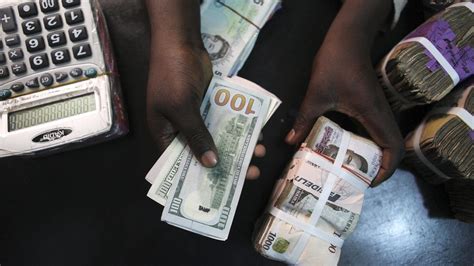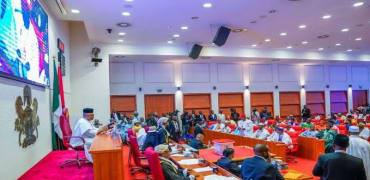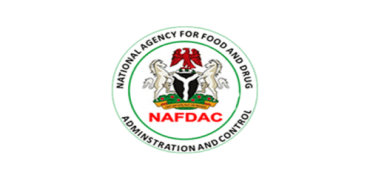Nigeria May Hit $1 Trillion Economy With Stronger Banks by 2030
Nigeria May Hit $1 Trillion Economy With Stronger Banks by 2030
By Achimi Muktar
ABUJA — Nigeria’s journey to a $1 trillion economy by 2030 might be headed for a crash landing — unless its banks receive a serious upgrade. This was the powerful message from the Central Bank of Nigeria (CBN) at a high-level media seminar in Abuja, where top financial minds warned that the nation’s dream could remain just that — a dream.
Speaking at the 36th CBN Seminar for Finance Correspondents and Business Editors, the Deputy Governor, Corporate Services, Ms. Emem Usoro, represented by Acting Director of Corporate Communications, Mrs. Hakama Sidi-Ali, made it clear: Nigeria’s banks must become stronger, more resilient, and better capitalized to power the economy into the trillion-dollar club.
“We must consider the recapitalisation of our banks to be able to fund, finance, and power the economy,” she said. “Strong and stable banks are crucial to financial intermediation and the funding of national development.”
With Nigeria’s economy currently valued at around $250 billion, the leap to $1 trillion within six years is nothing short of a herculean task — one that requires more than just ambition.
The ongoing push for bank recapitalisation isn’t just about numbers — it’s about survival and global relevance. Usoro emphasized that a healthy financial system is the bedrock of any economic revolution, especially in a world increasingly shaped by global financial shifts and digital disruption.
“Building a trillion-dollar economy would require careful planning, clear policy direction, and unwavering commitment from all stakeholders,” she said.
Adding his voice, the CBN Director of Banking Supervision, Dr. Olubukola Akinwumi, provided deeper insight into the central bank’s strategy. He revealed that recapitalised banks would be positioned to handle “big-ticket” deals — from infrastructure financing to large-scale industrial projects.
“The recapitalisation gives banks the muscle to play in the big league — infrastructure concessions, for example, are already being discussed by the government,” he noted.
Akinwumi stressed that the CBN is engaging directly with commercial banks to ensure they increase lending to critical sectors — agriculture, manufacturing, SMEs — which remain the heartbeat of any thriving economy.
“These sectors are key to unlocking Nigeria’s economic growth. The government is prioritizing them, and banks need to align their focus accordingly,” he said.
In a stunning remark that drew attention, Oliver Alawuba, Managing Director of United Bank for Africa (UBA), challenged both fiscal and monetary authorities to trust Nigerian banks with managing part of the nation’s external reserves.
“We’re already managing the reserves of other African nations. Why not start with just 10 or 20 percent of Nigeria’s reserves? Let’s trust our own,” he said.
Alawuba stressed the need for confidence in local institutions, arguing that empowering Nigerian banks would not only boost the financial sector but accelerate growth across the economy.
Despite the ambitious plans, Alawuba delivered a sobering truth: with Nigeria growing at just 3.8% annually, it falls far short of the double-digit growth rate needed to reach the $1 trillion mark by 2030.
“Let’s believe in ourselves — but also be honest about the work ahead,” he warned.
The message from the CBN and financial leaders is crystal clear — the trillion-dollar target is possible, but only if the banking sector is transformed into a true engine of economic growth.
Stronger banks. Smarter lending. Real sector investment. Trust in local expertise.
Without these, 2030 may arrive — but the trillion-dollar economy may not.
L





















